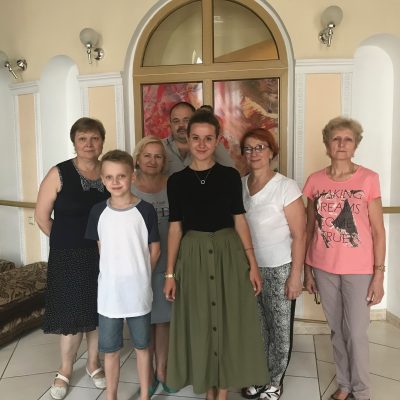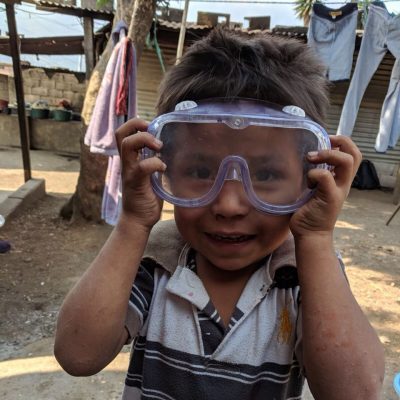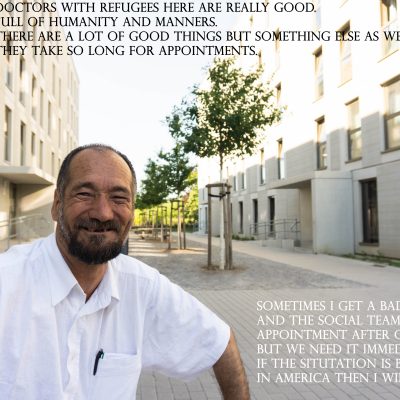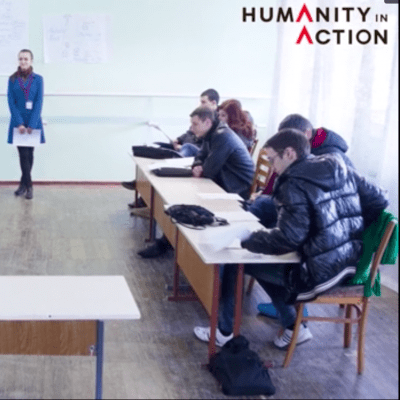Article
Growing up in Belarus, Senior Fellow Marharyta Labkovich was aware from an early age that health education was not adequately taught as classes were based primarily on science rather than people-focused, and discourage any student input. Therefore, to address the issue of substance use, Marharyta approached it from an educational lens.

According to the Belarusian Ministry of Health, 65% of Belarussian students smoke and even more drink alcohol.
To engage young Belarussians around health education, Marharyta created workshops that included interactive exercises based on real-life scenarios of young people who had to make difficult decisions related to substance use. Thus, the workshops consisted of a powerpoint and interactive exercises that Marharyta taught in Russian. The curriculum prioritized student involvement throughout the workshop, where she went over the four-step method and the significance of thoughtful decision-making processes. Marharyta presented information on negative and positive consequences of smoking and drinking, and discussed external factors, such as media and peers, that influence our decisions.
Marharyta believes that “young Belarussians should continue receiving engaging health workshops as the country continues to struggle with high numbers of substance users among young people and adults.”
 To Marharyta, the Belarusian education system is very didactic. “It does not empower young people with a sense of agency when it comes to decision-making,” she says. High rates of substance use and smoking among adolescents in Belarus exist as a result of unhealthy decision-making and a lack of pertinent information.
To Marharyta, the Belarusian education system is very didactic. “It does not empower young people with a sense of agency when it comes to decision-making,” she says. High rates of substance use and smoking among adolescents in Belarus exist as a result of unhealthy decision-making and a lack of pertinent information.
The exact number of substance users among adolescents is not disclosed online, but from Marharyta’s personal experience growing up, she saw it as a significant issue among peers that then translates into a high prevalence of alcoholism and smoking among adult Belarussians. Thus far, there have been no policy changes to resolve this problem. Therefore, Marharyta wanted to implement an intervention which would reduce substance use by providing young people with decision-making tools and updated information that would motivate them to make healthier choices.
The overall student reaction and the responses that Marharyta collected indicated that they would like to learn more about health topics and have similar classes integrated into their education. In the feedback exit survey that she administered, all the students responded that they would use the information and skills presented in their daily lives. Some said that the workshop made them think more about their health, and others appreciated how the topics of emotional health were framed.
What struck Marharyta the most was the eagerness with which all the groups participated, indicating that there was a genuine interest to engage with the material. In the additional comments section of the feedback survey, students indicated that they wished they were called on more and allowed to engage during the workshop. This suggests that the opportunity to be more proactive learners appealed to the students.




